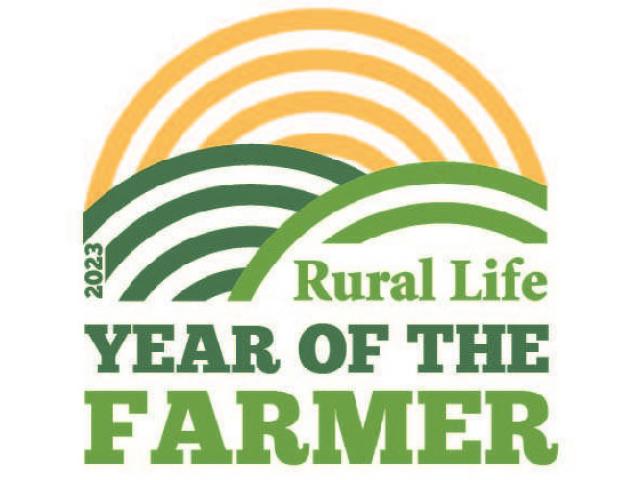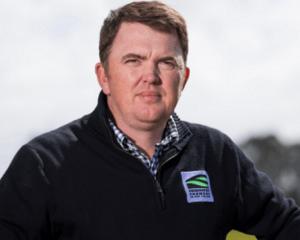
That was his dream as a young man growing up in North Canterbury but, as he laughs, he "couldn’t be bothered with the A-plus" marks.
So he went to Lincoln University to study agriculture on a basketball scholarship. It was an intense time, with 14 training sessions a week, plus games, and classes "in-between".
He played representative basketball and also represented New Zealand as a referee but he gave it away after moving to Southland for his first job and picked up netball.
He continued to play netball in Dunedin, where he was now based as regional co-ordinator for the Otago Catchment Community, but with only three men’s teams, it was a "bit of groundhog day". Asked which sport he preferred, he suspected it could be netball as he got older — "you don’t have to run as much", he said laughing.
When it came to choosing a career, Mr Dixon initially was keen on research into animal health but, part-way through his degree, he became more interested in water resource management and agroecology. "I became that greenie farmer that everyone hates," he jokes.
A land management role at Environment Southland popped up and a move south was a change, including the temperature. He also reckoned people were nicer in the South.
He was there for about eight years in the land sustainability team, the first graduate in New Zealand to get a position like that. Following that, there was a move to employ graduates around the country.
It came at the time of the first plan change and the first notification of limit settings. A lot of work was done around how to get people through that; how to make changes while staying profitable.
Through his work, he developed a love of catchment groups and helped set up a few in the Southland region. It was a nice transition to later be able to hand that over to Thriving Southland.

Originally thinking he would be there for two years, he ended up staying much longer. But it was not the council that made him stick around, it was working with farmers and the awesome work that was being done, and the change being achieved. There were big projects and small ones, down to putting in sediment traps, but massive gains were made on properties, he said.
When the role arose with the Otago Catchment Community (OCC), it appealed to him. Not only the move to Otago, but also the opportunity to work with more sphere of influence to help more groups achieve, and to take the next challenge of a management step. But the team he had was so good, he reckoned he did not have to manage them.
He joined OCC in March two years ago. Working alongside Alexandra co-ordinator Anna Robinson and the steering group, his work involved establishing and supporting the Otago-wide network of catchment groups that were addressing environmental issues for now and for generations to come.
He believed a network of catchment groups could help the region achieve great environmental gains at pace and scale provided everyone worked together.
Since joining, it had been an intense time as he likened it to establishing a start-up company. They had to start from "ground zero" and develop policies and procedures and work to start increasing relationships with catchment groups in Otago. Now it had moved to the operational space.
There were 24 catchment groups in Otago and the number was growing. While there was a massive hole in the lower Taieri area, mostly the pockets without groups were among extensive systems where there were few farmers.
There were 3600 farmers in the region and 1770 were members of catchment groups. Those numbers were testament to catchment group leaders who were "leading the charge", he said.
A lot of OCC’s work was talking, particularly around governance and also a lot of hand-holding in the beginning for the establishment phase.
Ms Robinson and he also turned into facilitators for setting out visions and values, action plans and goal setting, holding workshops with groups.
While farmers often rolled their eyes at the amount of sticky notes which were used, it was about what the community wanted and the heartwarming aspect of the job was watching entire communities work towards the same vision or goals.
One of the biggest differences he noticed between Otago and Southland was the diversification. Southland was predominantly sheep, beef, dairy and some deer, while Otago had a lot of growers and producers, including viticulture, as well as stereotypical agriculture. That also meant there were some "cool things" going on, such as private companies sponsoring catchment groups.
Each group was unique; the likes of WAI Wanaka compared to Pomahaka were starkly different, but both were catchment groups, all after improving their environment and bringing the community together.
The job would outgrow him at some point and be ready for someone else to throw their creativity into it, but in the meantime, he was very happy.
— OCC project funding is open for applications from today.















